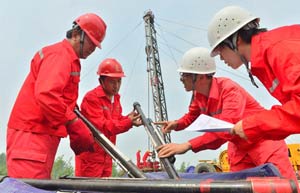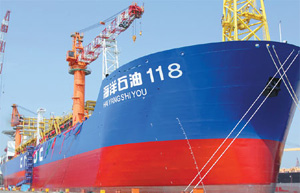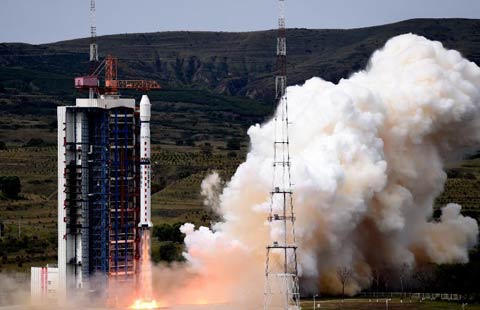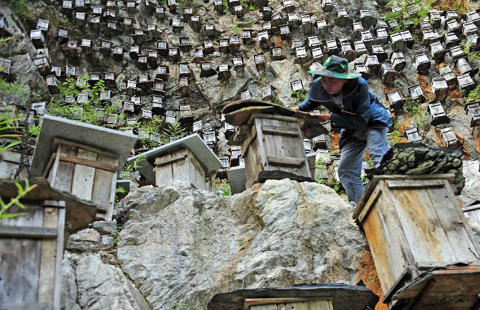Continent ripe for exploration
By Zhong Nan (China Daily) Updated: 2014-09-09 07:02Bai said all these factors have helped Chinese private-sector companies gain market share in South America since 2010.
In addition, most South American countries lack the technology and capital to develop their own oil and gas industries. Cooperation with Chinese companies, which have no desire to control these nations' energy sectors but offer relatively cheap prices, has become a natural choice for many Latin American governments, he said.
These ties have "promoted our combined services to Latin American clients, including providing more design and logistics services and module fabrication. That has boosted exports of China's machinery, equipment and manufacturing materials", said Xia.
 |
 |
With economic and political mechanisms such as the Asia-Pacific Economic Cooperation, summits of the BRICS countries (Brazil, Russia, India, China and South Africa) and most-favored nation treatment, private-sector Chinese companies do not confront tariff burdens and intense competition in South America once they sort out the issues of logistics, localization, technical support and after-sales services.
Xia said it is difficult to build a brand image in these markets, where logistics issues such as timely delivery of spare parts and a limited number of after-sales facilities pose difficulties. In the early stages, Kerui shipped spare parts by air and invested heavily to establish regional service centers in major South American cities such as Bogota; Lima, Peru; Buenos Aires, Argentina; and Caracas, Venezuela.
It now sends products and project material via ports in Tianjin, Shanghai and Qinhuangdao to oilfields or oil exploration sites in South America.
Kerui has more than 1,000 employees, three global service centers and spare parts warehouses in South America, mainly providing technical and engineering solutions to different oilfields, selling oil-drilling and oilfield operation equipment and offering engineering, procurement and construction services.
More than half of its staff on the continent are South Americans, who play an important role in sales, after-sales services and developing customer relations. Xia said Kerui often brings its international staff to China for technical and commercial training.
Kerui has established a consulting team of international project management experts to provide guidance to its overseas team during all stages of a project, ranging from the initial price quote to project execution, with the aim of minimizing risk in its foreign markets.
- Standard Chartered offshore RMB index rises slightly in July
- Shanghai-HK stock link to speed up capital market reforms: Barclays
- Relaxing restrictions on foreign investments
- Fujian on course to help create the new maritime Silk Road
- Foreign investors set sights on new targets
- UK looks to diversify in China
- Malaysia keen to expand trade ties
- HK still top choice for mainland firms
















